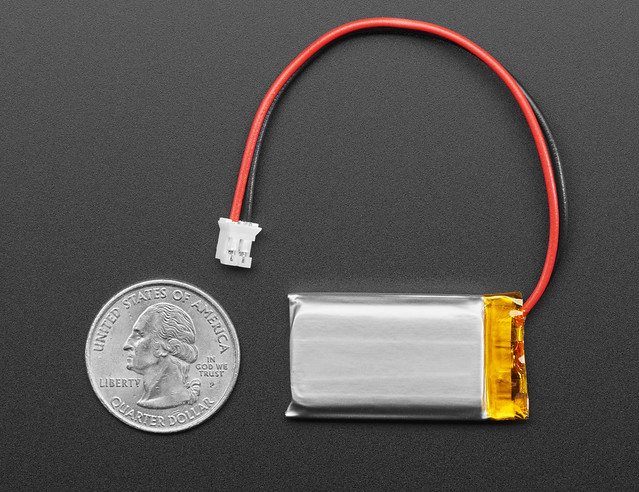Polymer Lithium Battery – The Future of Energy Storage
Introduction:
In today’s world, where portable electronic devices have become an integral part of our lives, the demand for efficient and long-lasting batteries is ever-increasing. As a solution to this growing need, polymer lithium batteries have emerged as Polymer lithium-ion battery one of the leading choices in energy storage technology. In this article, we will explore the manufacturing process, features, advantages, usage methods polymer lithium battery factory , tips for choosing these batteries wisely and conclude why they are becoming increasingly popular.
Manufacturing Process:
Solid-state lithium-polymer batteries are manufactured using advanced techniques that involve layering different components to create a stable and efficient battery cell. Polymer

electrolytes play a crucial role in enhancing the performance and safety of these batteries. With improved conductivity and flexibility compared to conventional liquid electrolytes used in lithium-ion batteries (LIBs), solid-state polymer lithium-ion (LiPo) cells are revolutionizing energy storage technology.
Features:
The primary feature distinguishing polymer lithium-ion batteries from other types is its unique composition which replaces traditional liquid electrolytes with solid polymers or gels. This design eliminates leakage concerns often associated with LIBs while providing enhanced stability even under extreme conditions such as high temperatures or physic polymer lithium battery al stress. Moreover, their lightweight nature makes them Lithium battery customization ideal for various applications ranging from smartphones to electric vehicles.
Advantages:
Polymers exhibit excellent thermal stability which greatly reduces any risk related to overheating or explosions that may occur with other battery chemistries due to thermal runaway effects. The absence of volatile elements further enhances safety para

meters making them suitable for numerous consumer electronics products. Additionally, because of their semi-solid form factor combined with higher energy density than standard Li-ion counterparts allows manufacturers more freedom when designing sleeker devices without compromising longevity.
Usage Methods:
Polymer lithium battery offers significant flexibility regarding installation orientation without affecting battery performance characteristics largely seen in cylindrical options like 18650-based solutions com polymer lithium battery supplier monly utilized in laptops or power banks. This feature enables product designers to create thinner electronic devices with elongated battery life.
Tips for Choosing the Right Polymer Lithium Battery:
When selecting a polymer lithium battery, there are a few essential factors to Solid-state lithium-polymer batteries consider. Firstly, it is crucial to assess the specific power requirements of your device and choose a battery that meets or exceeds those demands. Additionally, research about reputable suppliers who have extensive experience in manufacturing high-quality polymer lithium batteries can maximize performance and ensure reliability over prolonged usage.
Conclusion: polymer lithium battery
The remarkable advancements in solid-state lithium-polymer batteries have paved the way for efficient energy storage solutions that cater to various industries’ needs. With their unique manufacturing process, distinct features like enhanced safety and stability, lightwei LiPo battery ght design, and numerous advantages including increased energy density and thermal stability – it’s no wonder why they are gaining popularity as an ideal choice for diverse applications worldwide. To embrace this transformative technology fully, remember to select trustworthy manufacturers who specialize in delivering tailor-made polymer lithium batteries designed specifically for your application needs.
In summary, polymer lithium batteries are poised to revolutionize the future of energy s polymer lithium battery torage by offering improved safety measures, higher energy density possibilities while maintaining environmental friendliness at its core – making them an irresistible option for both individual consumers and industrial users alike.

